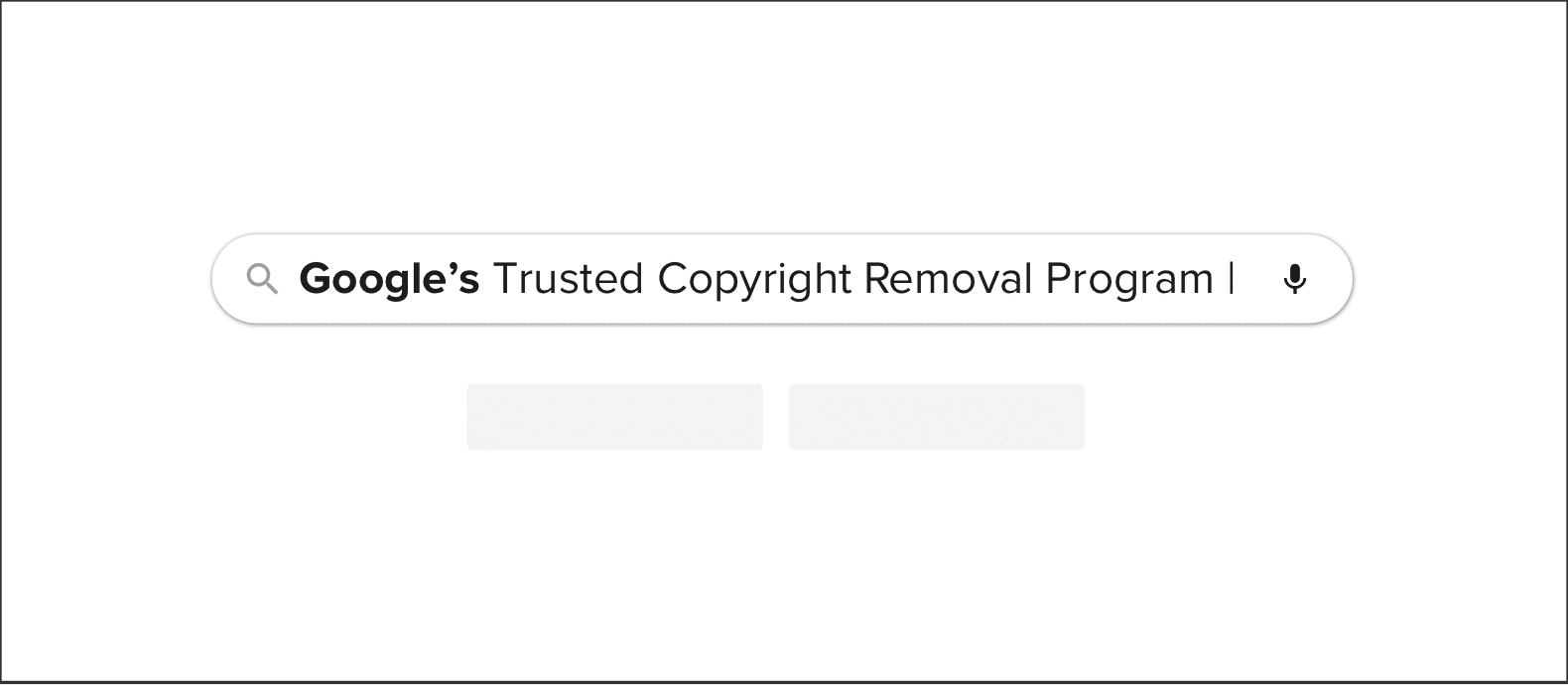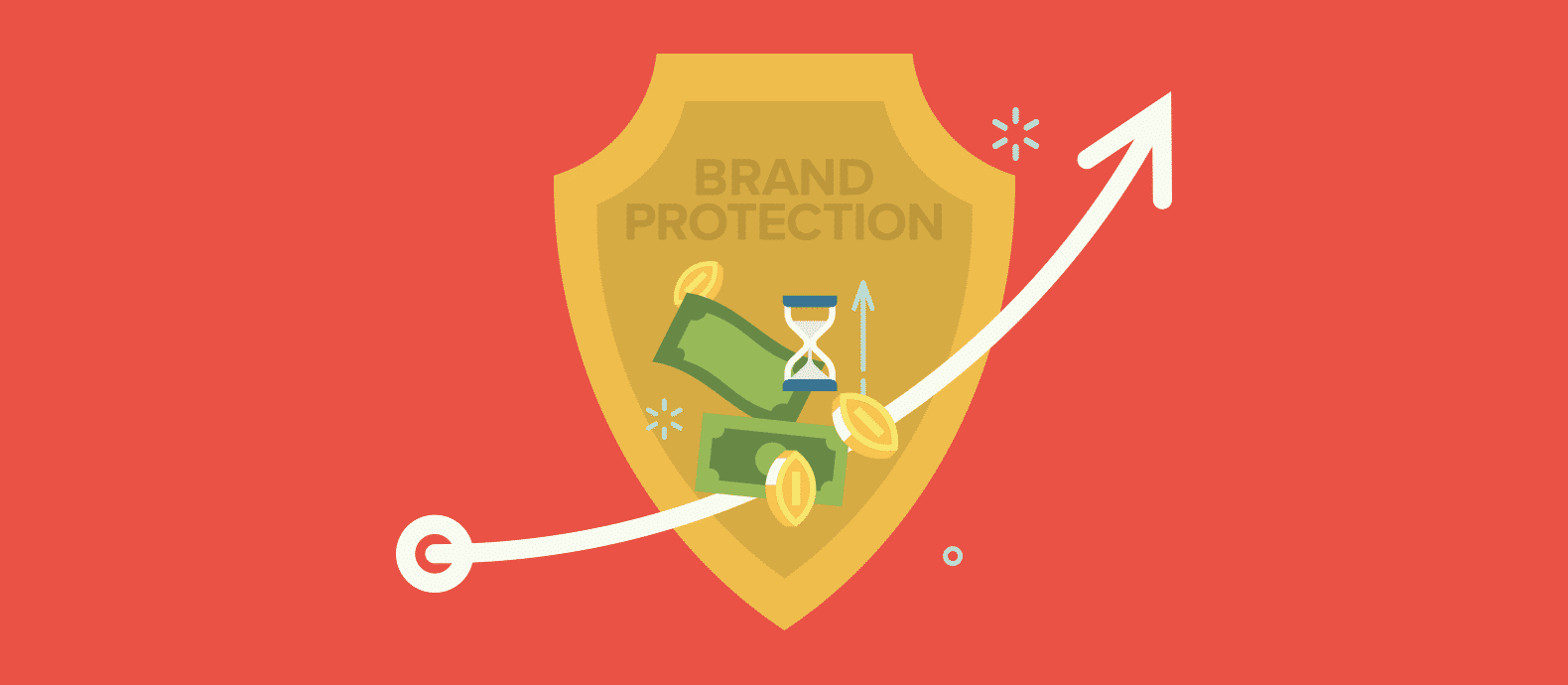Red Points is a member of Google’s Trusted Copyright Removal Program. Here’s what the Program does, and what it means for our clients.
Summary
- Google’s Trusted Copyright Removal Program (TCRP) is made up of a small group of over 178 partners.
- TCRP allows rights holders to streamline their anti-piracy efforts.
- Red Points has been a member of Google’s TCRP since early 2019.
What is Google’s Trusted Copyright Removal Program?
Google’s Trusted Copyright Removal Program (TCRP) consists of an exclusive selection of copyright owners and anti-piracy specialists. Per Google’s most recent report on anti-piracy in 2018, there were over 178 members within the Program.
Together, these members count for the majority of all copyright infringement claims filed to Google. It’s an important partnership, based on mutual trust, and the accuracy and volume of IP reporting.
Google TCRP provides members with a tool that accelerates their anti-piracy work. This tool allows for huge volumes of links to be submitted with each notice sent to Google, and for these notices to be streamlined for bulk delisting and removal with a proven track record. There is immense potential for program members to protect their copyright – and to protect the copyright of their clients.
It should be noted that Google’s TCRP applies only to Google Search. Other Google-owned websites will have their own IPR protection platforms and processes. As an example, YouTube content creators will protect their copyright through Content ID and certified providers such as Red Points, which leverages X years of YouTube content protection and monetization through its Social Video Growth product.

New Google Trusted Copyright Removal Program Partners
Admission to this program is for brands with a “consistent need to submit thousands of URLs each day” and additionally, it only accepts those with a “Proven track record of submitting accurate notices”. In short, Google wants to work closely with the most consistent and important IP rights defenders online.
New members of the Google Trusted Copyright Removal Program are subject to a period of limited access. The program, and the tool that it provides, have the potential to protect copyright on a massive scale. But this requires a level of trust between the member and Google. Once partners have shown that they can submit notices which are consistently accurate, then their access to the program is expanded. Since the program was launched, more than 3 Billion URLs that infringed copyright were removed.
The reason behind this is that there’s a real threat of abuse from rogue partners – be it for anti-competitive commercial reasons, or in search of wrongful online censorship, Google has to be able to trust that all the partners with TCRP are only filing legitimate notices against other websites.
What this means for Red Points’ clients
At Red Points, we are proud to be a long-standing member of Google’s Trusted Copyright Removal Program. For our clients, it means we are able to submit huge volumes of copyright notices to Google on their behalf. Since Red Points Anti Piracy launched, we have protected a huge range of copyrighted work, including:
- Films & television series
- E-learning courses
- Magazines
- And more
Red Points prides itself on its relationships with Google, online marketplaces, social media platforms, and other websites hosted around the world. This mutual trust ensures the rapid enforcement of intellectual property (IP) infringement claims and allows clients to begin to have their IP protected swiftly from the beginning of their brand protection efforts.






